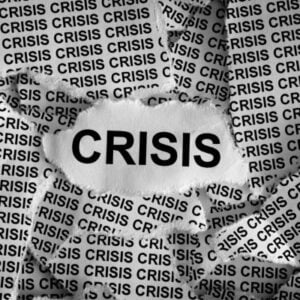Children living in frontline areas of Ukraine have lost 25% more days of schooling due to the war than students experienced during the world’s longest COVID-19 school closures, according to Save the Children. Approximately 1.2 million school-aged children—about one in three—are beginning their fourth consecutive academic year with disrupted learning. Since the full-scale war began in February 2022, 400,000 children have spent around 580 days without attending a classroom, surpassing the 440 classroom days lost during the COVID-19 pandemic in the Philippines, the country with the longest school closures during the pandemic. An additional 780,000 children alternate between remote learning and in-person classes, depending on cohort schedules.
Although the number of children attending school in person has gradually increased since 2022, the persistent threat of airstrikes and shelling makes it too dangerous for students to enter school buildings without adequate bomb shelters. School closures have long-term effects on children’s learning outcomes, with research showing that extended closures result in significant educational setbacks. The war’s escalation came just a year after schools reopened following COVID-19, compounding the loss of learning. During the pandemic, Ukrainian schools were fully closed for 125 learning days and partially closed for 95 more.
Challenges of remote learning have further impacted children’s education. Many students have had to rely on smartphones with broken screens, poor internet connections, or limited access to devices, as families often have only one device for multiple children. In the Kharkiv region, for example, seven children in one household had to share a single device, leaving younger children behind while older children prepared for exams. Parents report that children’s reading, writing, and memory skills have declined, and their engagement with learning has diminished due to the limitations of online education.
The conflict has forced over a quarter of Ukraine’s 38 million population from their homes and severely damaged the education sector. Nearly 1,800 schools have been damaged, with 226 destroyed completely, and frequent air raid sirens caused children to miss one in every five lessons during the past academic year. Sonia Khush, Save the Children’s Country Director in Ukraine, emphasized that disrupted schooling affects not only academic learning but also children’s social development and mental wellbeing, with consequences likely to last for generations. She called for an end to attacks on schools and continued international support to mitigate the impact of the conflict on children’s futures.
Save the Children has scaled up its operations in Ukraine since February 2022 to support access to education. The organization has established around 90 Digital Learning Centres equipped with devices, digital tools, and trained facilitators to provide both learning and wellbeing support. Additionally, Save the Children has funded rehabilitation works, including shelter refurbishment of about 70 schools and kindergartens, and supplied laptops and tablets to children in regions where schools remain closed, helping them continue their education remotely.






